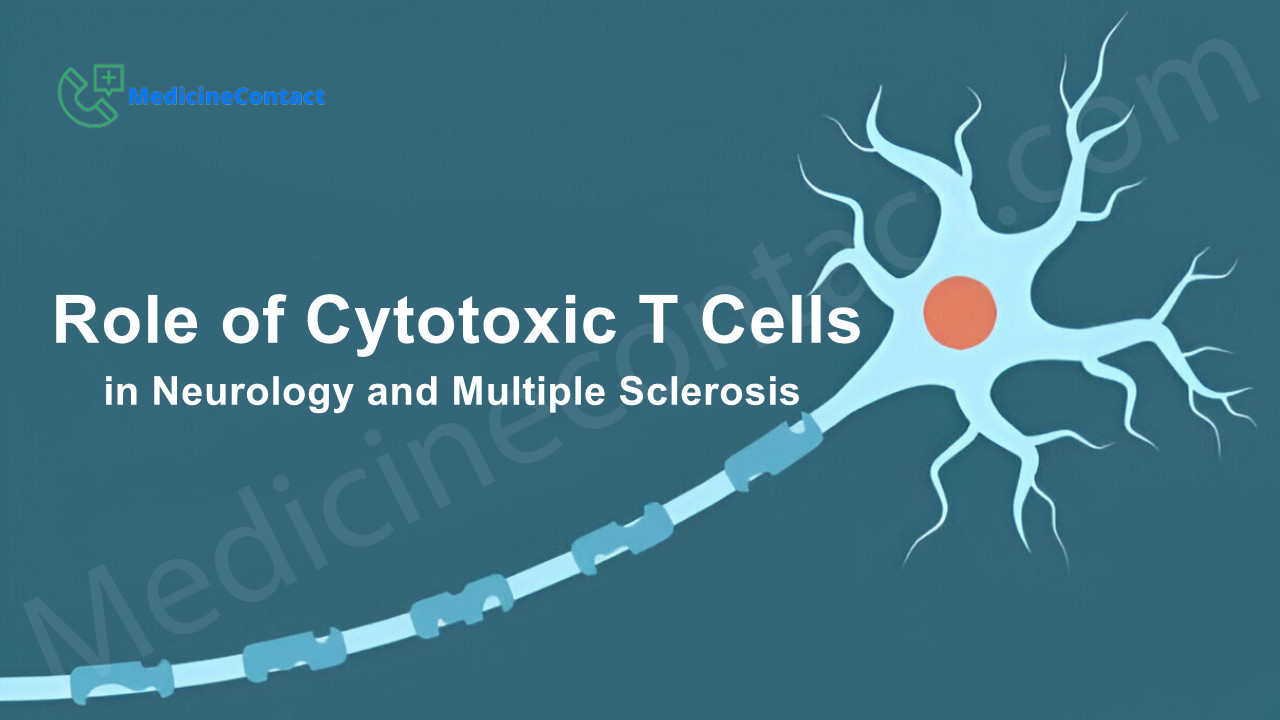Incorporating Neuromotor Exercises into Your Routine with MS
Living with multiple sclerosis (MS) comes with its fair share of challenges. However, actively engaging in neuromotor exercises that enhance nerve communication, balance, coordination and strength can make a real difference.
Read on for examples of impactful neuromotor exercises tailored to the unique needs of those with MS. Plus, learn how to safely progress exercises as your abilities change over time.
Understanding Neuromotor Exercises
Neuromotor exercises focus on improving:
- Nerve-to-muscle signaling
- Motor control and function
- Coordination
- Balance reactions
They facilitate nervous system communication that directs muscle movements. This helps counteract MS symptoms like fatigue, stiffness, poor coordination, weakness, tremor and more.
Benefits of Neuromotor Exercise with MS
Building neuromotor exercises into your self-care benefits MS symptoms and overall wellbeing, including:
- Lessens fatigue severity and frequency
- Decreases pain and muscular tightness
- Boosts walking ability and balance reactions
- Improves manual dexterity and fine motor skills
- Enhances cognitive function
- Reduces risk for comorbidities like heart disease or diabetes
- Elevates confidence performing daily tasks
Research verifies regular neuromotor training helps individuals with MS better manage symptoms that interfere with quality of life.
Adapting Neuromotor Exercises Over Time
MS brings new challenges at different stages of the disease. As your abilities or symptoms shift, adapt neuromotor exercises to stay safe and get the most from your efforts. Strategies include:
- Adjust tempo - Slow exercises down as needed to control movements.
- Modify range of motion - Decrease how far you extend joints to avoid overexertion.
- Use support aids - Hold onto assistive devices or stationary objects to improve stability.
- Focus on unilateral moves - Switch to single-side exercises if coordination suffers.
- Monitor fatigue - Watch for exhaustion Indicating the need to take breaks or stop.
Consult your physical therapist if you need guidance adjusting neuromotor exercise regimens over time.
6 Examples of Impactful Neuromotor Exercises for MS
Try incorporating these evidence-backed neuromotor exercises to reduce MS symptoms and support daily function:
1. Balance Reactions
Training automatic balance reactions enhances stability for walking, transfers and other tasks.
How to:- Stand with feet shoulder-width apart near a wall or sturdy chair.
- Lean in various directions - forward, back and side-to-side.
- Catch yourself from falling using core and legs.
- Repeat 5-10 times per direction.
2. Heel-toe Walking
Walking heel-to-toe along a line hones coordination and balance for smooth gait.
How to:- Place tape or rope on floor in straight line.
- Walk along line with heel touching toe in tandem steps.
- Look straight ahead - not down at feet.
- Aim for 30 seconds to 1 minute intervals.
3. Seated Marching
Alternately lifting knees recruits core muscles for better posture, stability and leg control.
How to:- Sit tall near front of chair with arms at sides or crossed.
- Lift right knee up, then lower.
- Repeat with left knee.
- Continue alternating for 30 seconds to 1 minute.
4. Weight Shifts
Shifting weight side-to-side or front-back stimulates leg and hip strength and balance reactions.
How to:- Stand with feet hip-width apart, knees slightly bent.
- Keep legs engaged as you shift hips side to side.
- Hold each side 5 seconds.
- Repeat weight shifts front and back.
- Perform 5-10 reps per direction.
5. Ball Exercises
Executing various moves with stability balls engages the core, improves balance and challenges coordination.
Examples:- Seated knee raises
- Arm/leg extensions
- Ball passes
- Balance sitting on ball
6. Tai Chi
Tai chi builds whole-body awareness, flexibility, core engagement and mindfulness for managing MS fatigue and pain.
How to Try:- Join beginner Tai Chi for MS classes in-person or online.
- Follow along with Tai Chi workout videos to learn moves.
- Work through Tai Chi pose charts step-by-step.
Focus on breathing, fluid transitions and precise positioning of arms and legs to maximize benefits.
Creating a Neuromotor Exercise Routine
Use these tips to build an effective, safe neuromotor exercise plan with MS:
- Consult physical/occupational therapists to learn proper form.
- Start with easier exercises, then gradually intensify over time.
- Listen to your body - go at your own pace & ability level.
- Stop if movements become jerky, imbalanced or uncontrolled.
- Exercise consistently 2-3x per week for compounding gains.
Proactively adding neuromotor training into your self-care regimen can make significant quality of life impacts while navigating MS. Stay positive and be proud of abilities strengthened over time.
FAQs
What are the benefits of neuromotor exercises for those with MS?
Neuromotor exercise benefits include reduced fatigue, pain and stiffness, better balance and coordination, improved walking ability, enhanced dexterity and cognitive function.
How should I adjust my neuromotor exercise routine as my MS progresses?
As MS symptoms change over time, adapt exercises by slowing tempo, decreasing range of motion, using support aids, switching to unilateral moves, taking breaks as needed.
What are some examples of good neuromotor exercises?
Great neuromotor exercises include balance reactions, heel-toe walking, seated marching, weight shifts, ball exercises like knee raises or balances, and Tai Chi.
How often should I do neuromotor exercises?
Aim to perform neuromotor training about 2-3 times per week for compounding gains over time. Listen to your body and don't overexert.
Who can help me create a tailored neuromotor exercise plan?
Consult physical and occupational therapists to learn proper neuromotor exercise form, create a safe routine for your abilities, and appropriately intensify it over time.
Disclaimer: This article is for informational purposes only and does not constitute medical advice. Always consult with a healthcare professional before starting any new treatment regimen.



